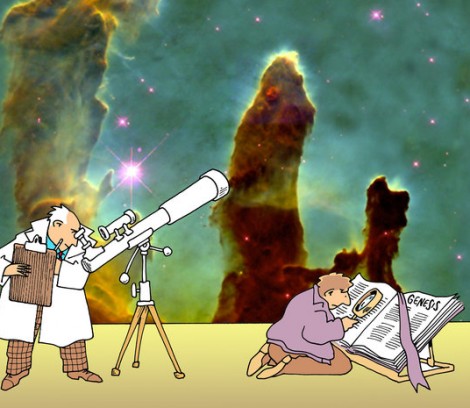
Why People Reject Religion
Due to time restraints caused by my moving out-of-state, Skeptical Faith for the next few weeks will be, as they say in show biz, “encore presentations.” This one was published in 2017.
Why do so many people, especially the young, decline to participate in religion?
The media often refer to them as the “nones” – part of the nearly 20 percent of U.S. adults who responded to the question of religious affiliation in recent surveys with a “none.”
In earlier blogs I wrote that many young people decline to go to church or otherwise participate in religion principally because religion is irrelevant to them. Obviously, there are many reasons, but I still believe that is chief among them. Religion appears to have little to do with them or their lives.
But I also believe that many people, including those between 20 and 40 years old, believe religion is on its way out and they don’t want to be involved with what they and their contemporaries view as passé, something that is only prized by their parents and grandparents.
Nearly Everybody a “None?”
And that’s easy to understand. Unlike previous eras, you can live your daily life in the U.S. without any reference to God or religion. Apart from the occasional story in the media about a pope or about religious groups “meddling” in politics, you could get the impression that the whole population is composed of “nones.” Atheists, agnostics or not, many of us live our lives as if God did not exist.
Like many before them, some contemporary philosophers and social scientists have predicted the proximate end of religion. It reminds me of the bumper stickers that were highly publicized 30 years ago when some religious scholars re-discovered the German “death-of-God” philosopher Friedrich Nietzsche, who died in 1900. Bumper stickers read, “God is dead, signed Nietzsche.” Then, “Nietzsche is dead, signed God.”
Premature?
The prediction of the death of God proved to be premature, just as it is now. Despite what many Americans may believe, religion is alive and well.
The recent Time magazine piece on Pope Francis, its Man of the Year, had some interesting data on the growth of Catholicism around the world. In a two-page spread, citing several mostly non-religious sources, the magazine displayed these numbers:
North America: 86 million, up 5 percent; Central America: 164 million, up 5 percent; South America: 343 million, up 6 percent; Africa: 194 million, up 22 percent; Oceana: 10 million, up 9 percent; Asia: 132 million, up 12 percent; Europe: 286 million, up 1 percent.
I saw no reference to the years in which the increases occurred, and these numbers may not mean much to you, but they clearly show that religion is not on its way out. (In the U.S. and some other parts of the world, the growth of evangelical religions has probably been even more dramatic.)
And I believe the perception that religion is in decline is an important influence in the number of “nones.”
Young people are no shallower – and maybe even less so – than older adults. We’re all influenced by numbers and perceived numbers. If a movie is breaking box-office records, we want to see it. If “everybody” is buying raffle tickets – despite the infinitesimal chances of winning – we want one. We click on Internet prompts labeled “most popular.”
Conversely, if we see an empty parking lot in front of a restaurant, we won’t step foot into the place no matter how good the food may be. If we have the perception that a TV show is passé, no matter that it continues to get good reviews, we tend not to watch.
Influenced by numbers?
Truth is, we are greatly influenced by what others do or don’t do, or what we perceive them to do or not do. Indeed, young people can say that older people embrace the faith solely because of older people’s perception – based on the practices of older people’s age group – that “everyone goes to church.”
In the search for God, skeptics young and old must do what they can to ignore the numbers and the perceived numbers. If you were the only believer on earth, it wouldn’t affect the truth of your belief.
Faith is one of those areas of human life where “going with the flow” simply doesn’t make sense. You may have been baptized and confirmed, but ultimately, you have to decide for yourself whether there’s a God and whether he/she has anything to do with you. Pursuing the search for God with an open heart is what counts.



